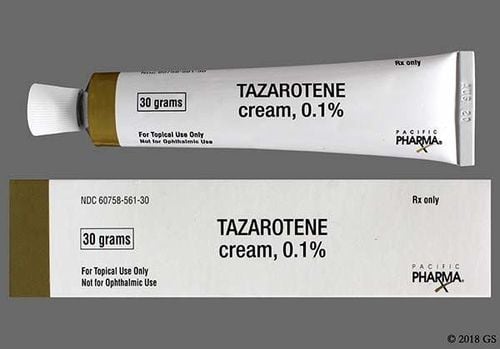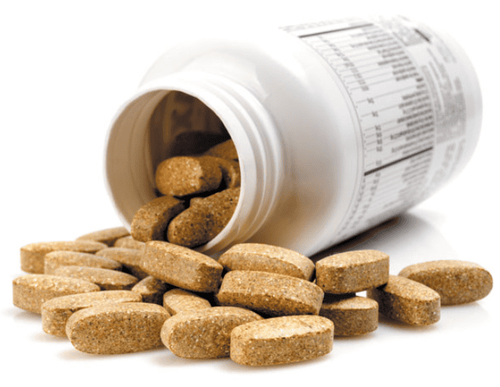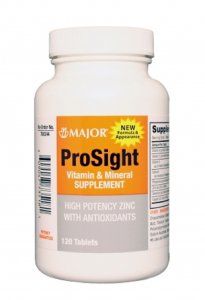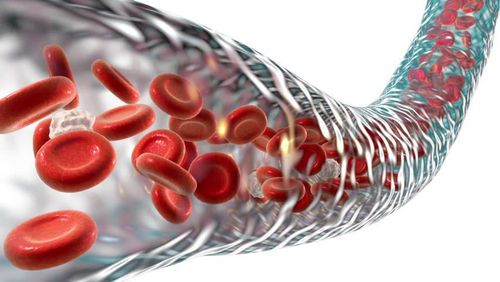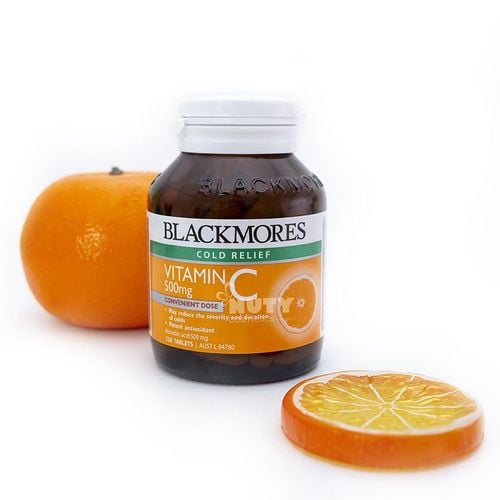This is an automatically translated article.
Red blood cells are very important for our health. If your doctor suspects your red blood cell count is low, they will order your complete blood count. If the results show that your red blood cell count is low, your doctor may recommend changes to your diet, daily supplements, and medication if needed.
1. Red blood cell count and anemia
What if you are feeling tired or weak? Those could be symptoms of anemia. Anemia is when your red blood cell (RBC) count is low. If the red blood cell count is low, the heart has to work harder to deliver oxygen throughout the body.
Red blood cells are the most common type of cell in human blood. Our bodies produce millions of these cells every day. Red blood cells are made in the bone marrow, then they circulate around the body for 120 days. Eventually, the aged red blood cells travel to the liver, where they are destroyed and recycled for their cellular components.
Anemia can put you at risk for some dangerous complications. So it's important to get your red blood cell levels back to normal as soon as possible.
2. 5 nutrients that help increase the number of red blood cells in the blood
If you are not getting enough of the nutrients you need through your diet, you can talk to your doctor about supplementing them. Certain supplements can help increase red blood cell production or aid the processes involved in this.
Supplements can interact with medications you're taking, so be sure to talk to your doctor before adding them to your regimen. Besides, you also need to note, never use a dose higher than the recommended dose stated on the product's label.
Eating foods rich in the nutrients below can help you improve your red blood cell count.
2.1. Iron
Iron deficiency will lead to reduced red blood cell production, because iron is an important component of red blood cells. Women need about 18 milligrams of iron per day, while men only need 8 milligrams per day.
A diet rich in iron can help increase the production of red blood cells in the body. Foods rich in iron such as:
Red meat such as beef, pork... Animal organs such as liver, kidney. Dark leafy greens like spinach and kale... Dried fruits like prunes, raisins. Beans Legumes Egg Yolk
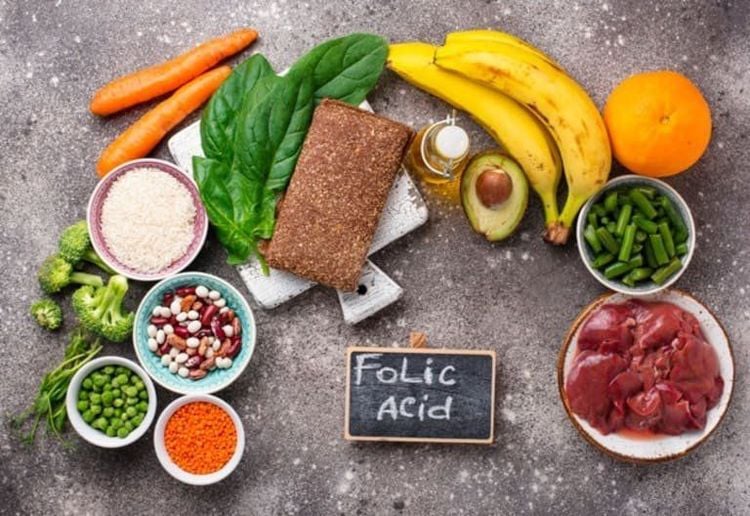
Axit folic giúp bạn cải thiện số lượng hồng cầu trong máu
2.2. Folic acid
The average person needs between 100 and 250 mcg of folic acid per day. If you regularly menstruate, you should supplement with 400mcg per day. Pregnant women need 600 mcg of folic acid per day.
Your diet with some B vitamins like B9 will be more beneficial for your health. Foods high in vitamin B9 such as:
Bread Whole grains Green vegetables, dark leafy vegetables such as spinach and kale. Lentils Lentils Peas Nuts
2.3. Vitamin B12
Most people 14 years of age and older need 2.4 mcg of vitamin B12 per day. If you are pregnant, the recommended dose of vitamin B12 increases to 2.6 mcg. If you are breastfeeding, your need will increase to 2.8 mcg.
Foods rich in vitamin B12 such as:
Red meat such as beef, goat meat,... Fish Dairy products such as butter, cheese. Egg
2.4. Copper
There may also be a link between low red blood cell production and copper deficiency. Women need 18mg of copper per day and men need 8mg per day. However, a person's daily copper requirement depends on many factors, including gender, age, and body weight. Consult your doctor or dietitian to understand how much of this mineral you need each day.
Copper absorption does not directly lead to increased red blood cell production, but it can help your red blood cells access the iron they need to regenerate. Foods rich in copper include:
Poultry Shellfish Liver Beans Cherries Nuts
2.5. Vitamin A
Women need 700 micrograms of vitamin A per day. For men, the recommended intake of vitamin A increases to 900 mcg.
Vitamin A also supports the production of red blood cells in the same way. Foods high in vitamin A include:
Dark green vegetables like kale, spinach. Sweet potatoes Squash Carrots Red peppers Fruits like watermelon, cantaloupe, grapefruit.

Thực phẩm giàu Vitamin A
3. Other lifestyle changes to increase red blood cell count
If you're on a healthy diet and taking supplements, you're off to a great start. Besides, you need to cut down or eliminate alcohol to maintain the effects of the above diet.
When you drink too much alcoholic beverages can reduce the number of red blood cells in the blood. This means that women have no more than 1 drink per day and men no more than 2 drinks per day.
Regular exercise is also beneficial for increasing red blood cell count. In addition to promoting overall health, exercise is key to increasing red blood cell production. Vigorous exercise causes your body to need more oxygen. Your brain then signals your body to make more red blood cells.
The best forms of exercise for you to exercise vigorously include:
Running Swimming
4. How can your doctor help you increase your red blood cell count?
In some cases, dietary or lifestyle changes alone are not enough to increase your red blood cell count to a healthy level. Your doctor may recommend one or more of the following:
Medicines to treat an underlying condition: If your lack of red blood cells is due to an underlying condition, such as bleeding or confusion, genetic disorders, you may need medication to treat these conditions. It can help your red blood cell count return to normal. Drugs that stimulate red blood cell production: A hormone called erythropoietin is produced in the kidneys and liver and stimulates the bone marrow to produce red blood cells. Medicines containing Erythropoietin may be used to treat certain types of anemia. This treatment may be indicated for anemia caused by kidney disease, chemotherapy, cancer, and other factors. Blood transfusion: If medication doesn't work, your doctor may recommend a blood transfusion to increase your red blood cell count. Red blood cells play a very important role in the body. Low red blood cell count can leave many dangerous complications. Therefore, changing your diet, lifestyle or using supplements as directed by your doctor is the best way to increase your red blood cell count and protect your health.
Please dial HOTLINE for more information or register for an appointment HERE. Download MyVinmec app to make appointments faster and to manage your bookings easily.
Reference source: healthline.com



